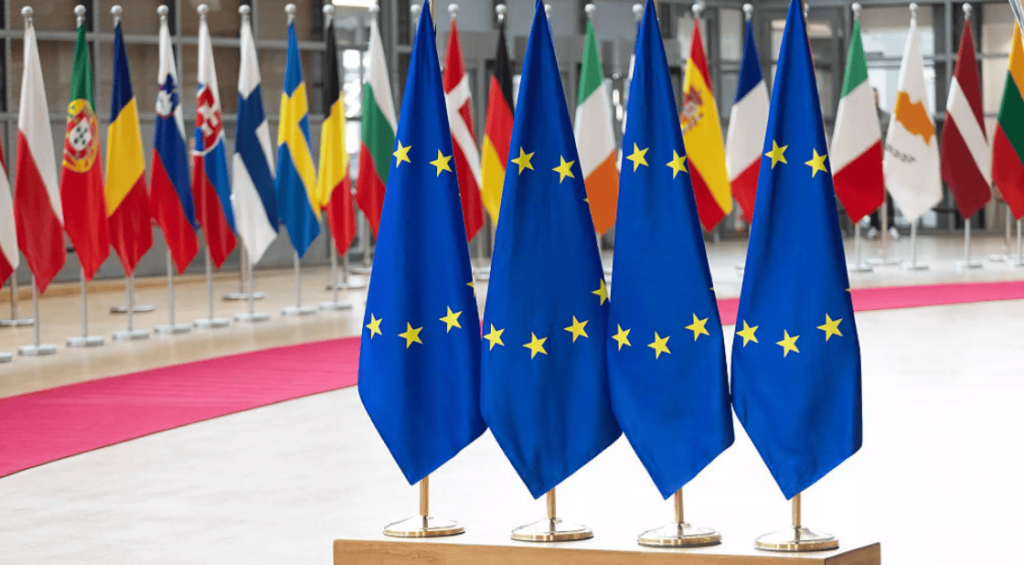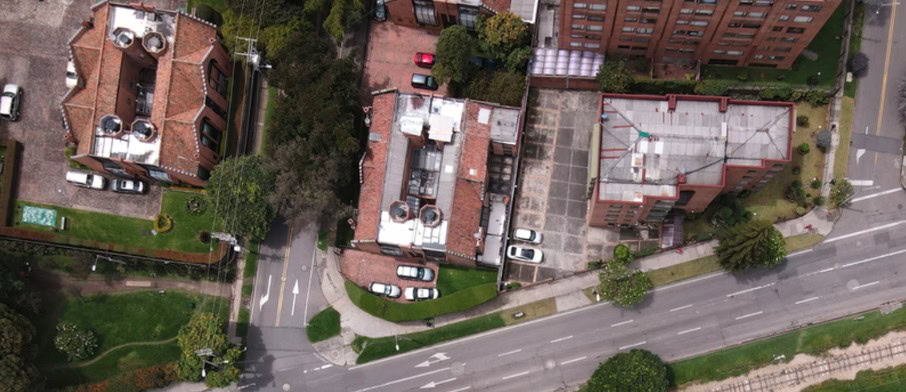Boosting the EU single market needs stronger rule enforcement and targeted harmonisation, especially in services and regulated professions.
The single market is the European Union’s most powerful economic asset, yet persistent barriers continue to undermine its potential. We argue that realising that potential requires a dual strategy: strengthening compliance with existing rules and advancing targeted harmonisation where regulatory gaps persist. Despite recent efforts, compliance outcomes have stagnated while formal enforcement has weakened, possibly reflecting institutional shortcomings. On harmonisation, we highlight key areas, particularly services and regulated professions, for which new legislation is urgently needed, while recognising that politically sensitive fields will require gradual, coordinated progress.
We also assess the European Commission’s 2025 Single Market Strategy, which takes welcome steps in areas such as construction and telecommunication, but falls short of addressing structural weaknesses in enforcement and offering a bold regulatory vision. We identify four types of barrier that demand tailored responses: stronger enforcement in areas with existing rules, deeper harmonisation where partial integration persists, incremental convergence in minimally harmonised sectors, and facilitated voluntary alignment in politically sensitive areas. Delivering on these priorities is essential to unlock the single market’s full potential and secure Europe’s long-term competitiveness.
Source : Bruegel







































































